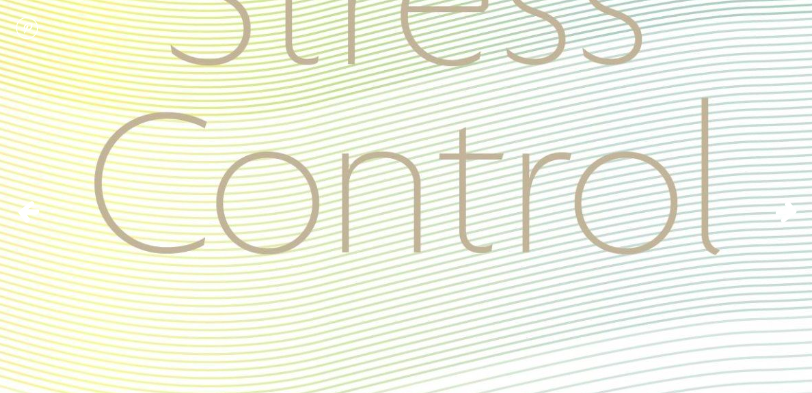How to control panicky feelings

Most people experience stress in their lives at one point or another – and sometimes this stress can lead to feelings of panic. Coping with anxiety can be difficult, but there are little things you can do to help keep your anxiety in check.
It’s important to remember that while panic attacks can cause great stress, they are not in themselves dangerous. They can last from a few seconds to a few hours, and can leave you feeling shaken, tense and exhausted.
You might avoid doing certain things, and you might feel that something awful is about to happen to you. This can also be unpleasant, but you can learn how to control anxiety, through controlling your thoughts and action.
Panic can take many different forms. There are the feelings of panic you can predict, but more often than not, panicky feelings can seem to come completely out of the blue. Nocturnal panic can happen too, when you go to bed feeling fine, but wake up in a state of distress. But although it might feel like it, feelings of anxiety do not come out of nowhere. Panic feelings are a reaction. Once you learn about what triggers panicky feelings, you can take the first step in controlling them.
There are various things you can do for coping with anxiety. Controlling your body can help you through anxiety attacks. Pay attention to your breathing; breathe in slowly through your nose for a count of three to four seconds, hold this breath for three to four seconds and breathe out through your mouth over a count of six to eight seconds.
Other breathing techniques can help with generalised anxiety disorders, and can help to stop hyperventilation, something which can add to the stress when a panic attack hits. Hyperventilation can make you feel dizzy, confused, faint, breathless and can affect your vision, and can also make you feel hot, flushed and even achy. While it can be alarming, it is not dangerous.
Controlling your thoughts is important too. Challenge the way you react to certain thoughts. Prepare yourself, face up to them and reviewing these can make a difference and prevent a big build up and stay in control.
So if you feel panic attacks coming on, there are some basic steps you can remember: Stand your ground, keep your breathing under control, relax your body and try and keep your mind under control. Fight the panic attack all the way. Rule it – don’t let it rule you.
Finally, cutting back on alcohol and caffeine can help if you’re prone to panic attacks. Get enough rest too, as panicky feelings and stress can be made worse with fatigue. Keeping your blood sugar levels up is also just as important, so try to eat something every three hours.
For more tips on coping with anxiety disorder, read Stress Control: A mind, body life approach to boosting your well-being (£8.99, Robinson) by Jim White







